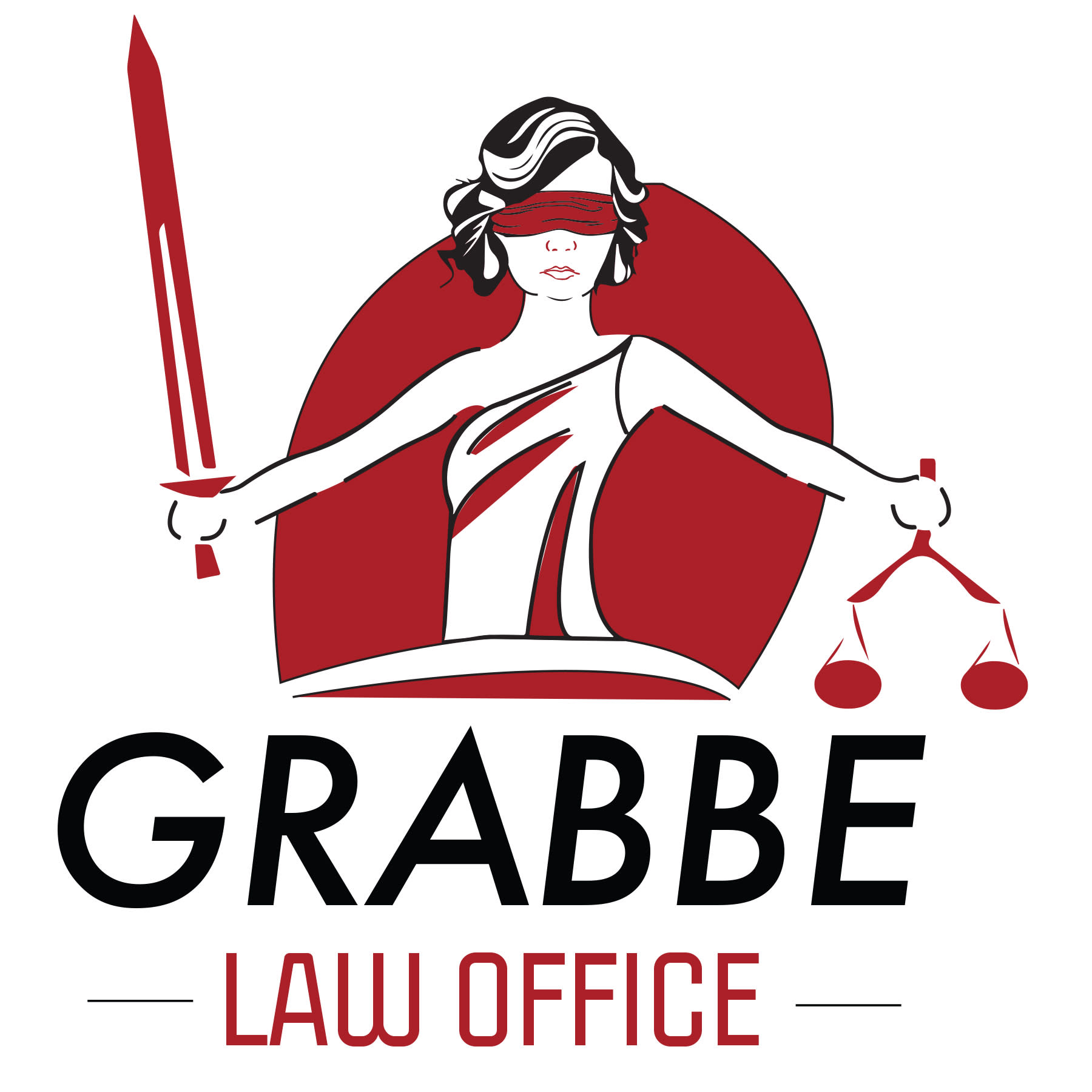Welcome to the Blog!

How To Protect Your Intellectual Property Rights When Working With A Freelancer
According to the National Institutes of Health, there are over 163 million registered freelancers operating across the world. From major corporations to small startups, many companies today outsource various assignments to these freelance workers. While freelancers offer numerous benefits, there are also potential downsides to consider. One potential negative involves the security of intellectual property. How do you protect your intellectual property rights when working with a freelancer? Book a consultation with The Grabbe Law Office today and learn how to protect your intellectual property.
Register Intellectual Property Before Working with Freelancers
The obvious first step is to register intellectual property before working with freelancers. With intellectual property properly registered, a freelancer will face serious consequences for infringement. This protection might come in the form of a patent, a trademark, or a copyright. Sometimes, freelancers will feel dissuaded from infringement once they become aware of these protections. Simply informing a freelancer of a registered trademark or copyright can prevent needless legal issues.
Do I Need a Copyright Before Working With a Freelancer?
Many freelancers assist with artistic or literary works. For example, an author might hire a freelance editor when drafting a novel or screenplay. Copyrights can help secure these manuscripts and drafts against plagiarism. Freelancers who attempt to pass off this protected content as their own face serious financial consequences, and a copyright helps prevent “copy-and-paste” intellectual theft. However, it is much more challenging to copyright the underlying premise of a book or script. Even with copyright protections in place, a freelancer could potentially steal the general plot or ideas of a literary work. Some writers recommend copyrighting a very short story with the general plot of a larger literary work, since this may technically copyright the entire “premise.”
Do I Need a Patent Before Working With a Freelancer?
Patents may be more appropriate when hiring freelancers to work on technical projects. A patent can protect new types of machinery, chemical compounds, and many other innovations. If a freelancer attempts to sell an identical product, they may face consequences under patent law. New software – including its underlying source code – can be difficult to protect. To discuss the intellectual property needs of a tech startup in more detail, consider contacting The Grabbe Law Office before working with freelancers.
Do I Need a Trademark Before Working With a Freelancer?
According to the United States Patent and Trademark Office (USPTO), trademarks protect words, phrases, and designs. Companies may benefit from registering trademarks before working with freelancers. For example, a food company might develop a catchy slogan for a new line of hot dogs. They might then hire a freelance copywriter to create social media posts and blogs to promote the new product line. After finishing these assignments, a freelancer might start using the same slogan for their next client. In a few months, this slogan may appear in all kinds of marketing material across the web.
Consider a Non-Disclosure Agreement for Freelancers
Another obvious strategy is to create a non-disclosure agreement for freelancers. Also known as “NDAs,” these contracts enforce strict penalties for anyone who reveals information to the public. Companies may identify specific trade secrets or information in their NDAs, or they can simply state that anything related to the freelance assignments should remain confidential. Even if a company secures its intellectual property with copyrights, patents, and trademarks, an NDA can provide an additional layer of security. The simple act of signing an NDA can make a freelancer think twice about sharing information in public.
Maintain Rights to Original Content for Freelance Designers
Freelancers often bring exceptional creativity to the table. The problem is that under US copyright law, creators generally own their creations. This can be problematic if a freelancer designs a logo or another equally important visual element for a company. Companies can address this issue by properly “assigning” intellectual property under the work-for-hire exception. Alternatively, a freelancer can sign a contract willingly and expressly transferring their ownership rights to a company. These contracts can be complex, and they can be difficult to draft effectively. For best results, it makes sense to create them alongside experienced intellectual property lawyers.
Keep Things on a Need-to-Know Basis
Companies can avoid many of these legal complexities and challenges by simply keeping things on a “need-to-know” basis. Compartmentalize data and provide freelancers with only the information they need to complete their assignments. When sharing this information, be very selective. Instead of sending entire files, choose specific documents. For example, a freelance marketing professional does not necessarily need to know how a new gadget works. They only need to know the benefits a customer experiences when using the product, and perhaps a few vague technical terms. Data privacy is especially important in certain fields, including national defense and healthcare.
Hire Freelancers As Employees Instead
If intellectual property represents an important priority, companies could consider hiring freelancers as full employees instead. This approach allows companies to create employment contracts that contain various conditions and clauses, including NDAs, rights to original content, and more. When a company hires an individual as an employee rather than a freelancer, they may also feel a higher degree of loyalty. With a long-term commitment to the company, they could be less likely to engage in IP theft, plagiarism, and other problematic behaviors. Of course, hiring freelancers as employees is not always possible.
Contact The Grabbe Law Office Today
The most effective intellectual property strategies target the specific needs of each company. Due to the importance of customization, internet research only provides so much information on how to protect your intellectual property. The Grabbe Law Office has spent years assisting individuals and companies with their unique intellectual property needs. We understand the specific challenges associated with freelancers, and we can help secure intellectual property in these situations. Reach out today, book a consultation, and learn more about how to protect your legal and intellectual property rights.






